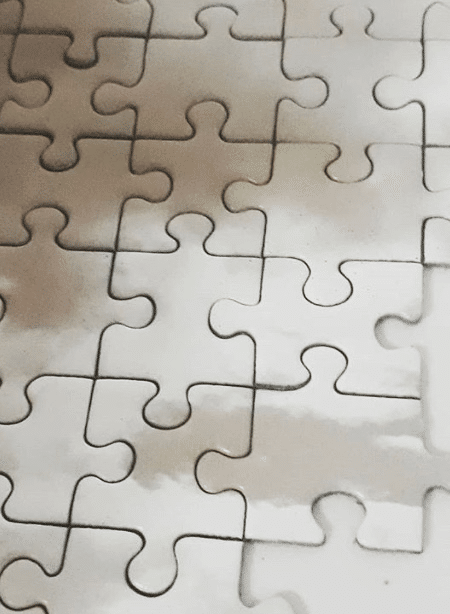
Bankruptcy And Mortgage Payments
If you’re wondering how bankruptcy and mortgage payments work together, there is good news. Most bankruptcy clients are pleasantly surprised to find out they can keep their home in bankruptcy. After all, for most of us our home is our largest investment.
Chapter 7 And Mortgage Payments
If you are filing Chapter 7, you can keep your home if your equity in the home does not exceed the allowable exemptions in bankruptcy. Generally speaking, this is $35,000 per spouse or owner. Your equity is defined as the fair market value minus the total debt securing the home. We can also make adjustments for cost of sale (realtor fees, etc.) as well as repairs that you might expect a home purchaser to request. You can find one estimate of the fair market value of your home at Zillow.com.
When you file Chapter 7, you should be current on your mortgage payments, or less than 30 days behind. By the time you have your 341 meeting (about 45 days after filing), you’ll want to be sure you are current.
Chapter 7 And Your Mortgage Obligation
By filing Chapter 7, your mortgage debt is discharged. This means you technically no longer owe it. However, if you want to keep the property, you’ll need to keep the debt that goes with it. You will be given the option to sign a Reaffirmation Agreement in Chapter 7. This agreement renews the contract terms between you and the mortgage company, to be exactly what they were before you filed Chapter 7.
There are instances where you can keep the home and avoid signing a reaffirmation agreement, and your Charlotte bankruptcy attorney can discuss those instances in detail with you. In summary, you can keep your home in Chapter 7 and you may sign a reaffirmation agreement to go with it.
Chapter 7 And Surrender Of Your Home
You can also surrender your home in Chapter 7 if the mortgage payments are too much for you, or if the home is “upside down” (mortgage balance is higher than the fair market value). By doing this in bankruptcy, you avoid a situation where the mortgage lender can pursue you for any loss they take on the property. Your Chapter 7 filing protects you. You simply give the lender the home, and walk away from the debt.
Chapter 13 And Mortgage Payments
If you want to keep your home in Chapter 13, you can do so. This is true even if you are behind on mortgage payments at the time you file. Chapter 13 is unique in that it allows you to continue to pay your normal mortgage payment while slowly making up the amount you were behind at the time of filing.
Provided your Chapter 13 plan is approved and you follow the rules of Chapter 13, there is nothing your mortgage lender can do to prevent a successful filing. In fact, your mortgage lender is probably happy they are being paid in Chapter 13. When your Chapter 13 ends, you will be current on your mortgage and all of your pre-petition back payments will be caught up.
Speak With A Charlotte Bankruptcy Lawyer Today
If you have questions about bankruptcy and mortgage payments, call us at 704.749.7747 to discuss your situation. You’ll get answers to your questions, and you’ll understand your options. You can also click for a FREE CASE EVALUATION and we will reach out to you to discuss your case.

